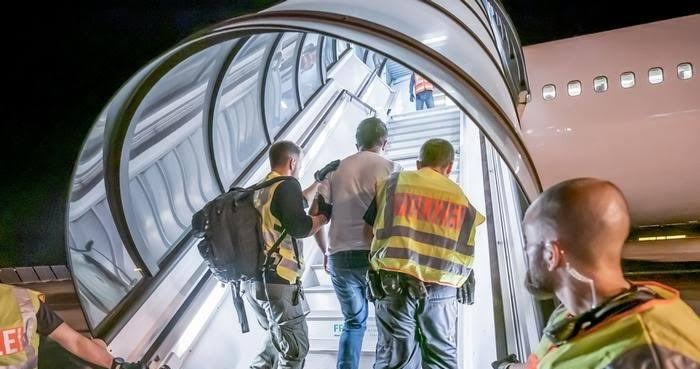Dina Fischer, a member of the state parliament from the Social Democratic Party, had previously submitted a request regarding the state’s deportation plans. In response, the Ministry of the Interior in Potsdam stated that in the first half of 2023, there were 168 refugees housed temporarily at the collection point, with the number rising to 231 in the second half of 2023.
The state attributed the failure of asylum seekers to meet the requirements of the asylum procedure in Germany to their arrival from a safe third country or their application for asylum in another EU country. This includes refugees whose asylum applications were rejected and who had no right of residence. According to the Interior Ministry, refugees detained at the assembly point will be allowed to leave Germany voluntarily. Since the beginning of the year, the state has conducted five deportation flights, compared to 11 deportation flights last year.
In terms of assistance for refugees, the Jesuit Refugee Service (JRS) offers guidance on asylum procedures as well as social and welfare services. The Central Immigration Office in Brandenburg deploys social workers and psychologists to support refugees. Additionally, the office provides a list of lawyers to assist those whose asylum applications are rejected, helping them with legal representation. If a refugee is detained for deportation, a trained staff member from the Immigration Office explains the process in detail. Psychosocial services are also available to ensure comprehensive support.
According to the Federal Ministry of Interior, a refugee entry and exit center will be established at Brandenburg Airport in 2025. Following municipal approval and the issuance of a building permit, construction is planned to take place near the current location of the airport’s Central Immigration Office, with the center expected to begin operations in 2027.





